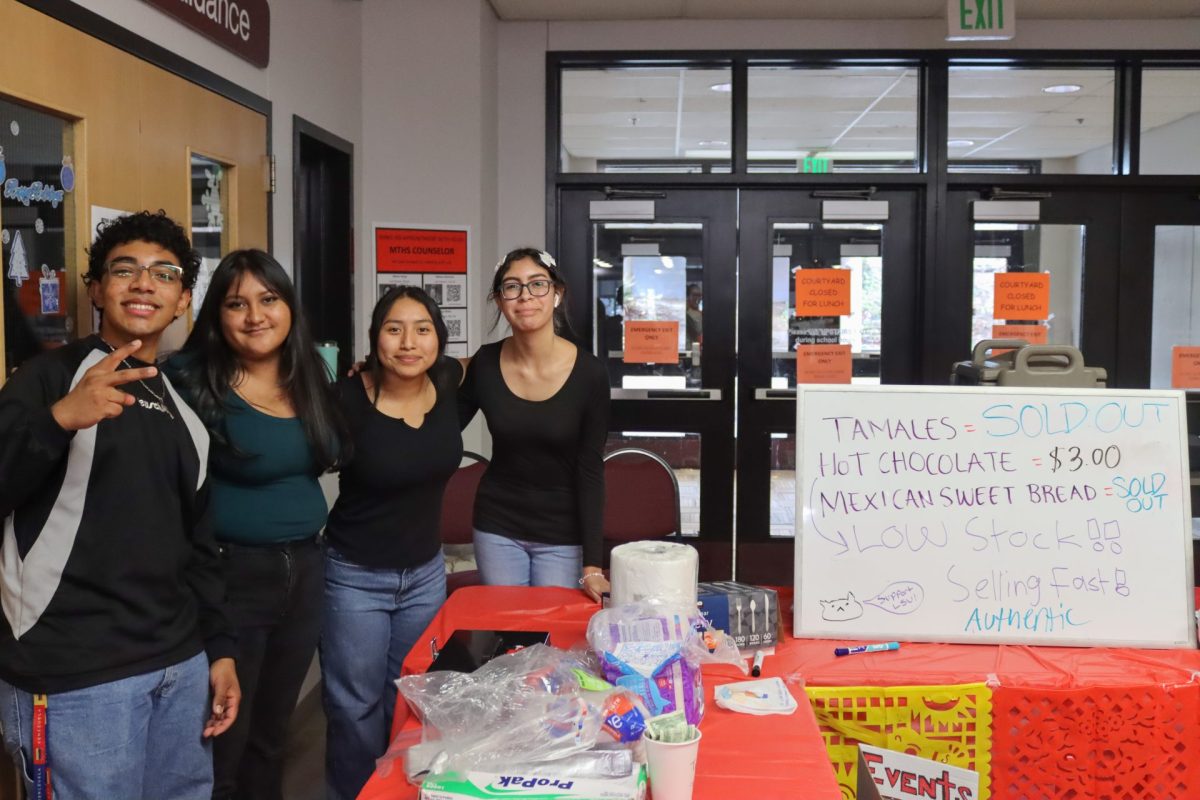Hypothetical Bob is back, and this time he’s received his acceptance letter from his first choice school! Unfortunately, he was a bit lazy and forgetful and didn’t apply for many scholarships, and won’t be getting much financial aid from the government.
What now? Well, Bob still has quite a few options, including work-study, co-op programs and military service.
The Federal Work-Study Program provides jobs for students with financial need. This pretty much means Bob is guaranteed a job with however many hours his award allows him.
On-campus work is usually done for the school, while off-campus work is generally for a nonprofit organization or for a public agency. This option lets Bob get valuable work experience—possibly in his career field—while he gets through school.
Schools with co-op programs provide a more intense form of work-study: students are required to participate in full-time work as part of the curriculum. For instance, Bob might have to work full-time for two semesters in order to graduate. The school would help him find a job (preferably one related to his major) and it would be an official part of his course of study.
However, it would be pretty difficult for Bob to pay for all of his college costs this way. An oft-overlooked or misrepresented way of getting through school is that of military service. Students who enlist in any of the branches of the US military (Army, Navy (and Marines), Air Force, Coast Guard) can receive up to $50,000 in return for one active duty tour. Students serving in the Reserves can get up to $24,000. If students cana participate in the Reserve Officers Training Corps, they could get their tuition paid for, and a monthly living salary; they would also have a minimum three-year commitment to serve as an officer in the military.
Also, the five military academies (Army, Navy, Coast Guard, Air Force and Merchant Marine) are tuition free, but the entrance process is extremely difficult, and students have obligations after graduation.
Bob may not be interested in joining the military, and work may not be how he wants to get through college, but he should at least know all his options before he makes a decision. Student loans can pile up quickly, and debt is not a great way to start out in adult life. The more information Bob has, the better a decision he can make.
Categories:
More Ways to Pay for College
By Ruth Reeber
•
March 21, 2008

Story continues below advertisement
Tags:
0
More to Discover











